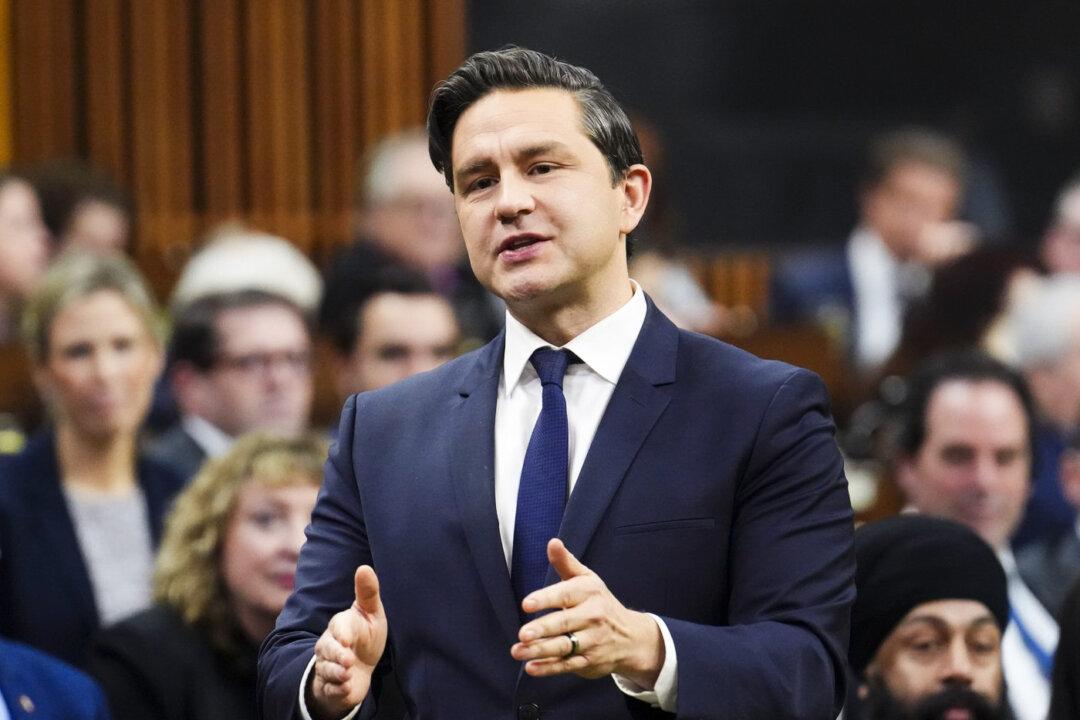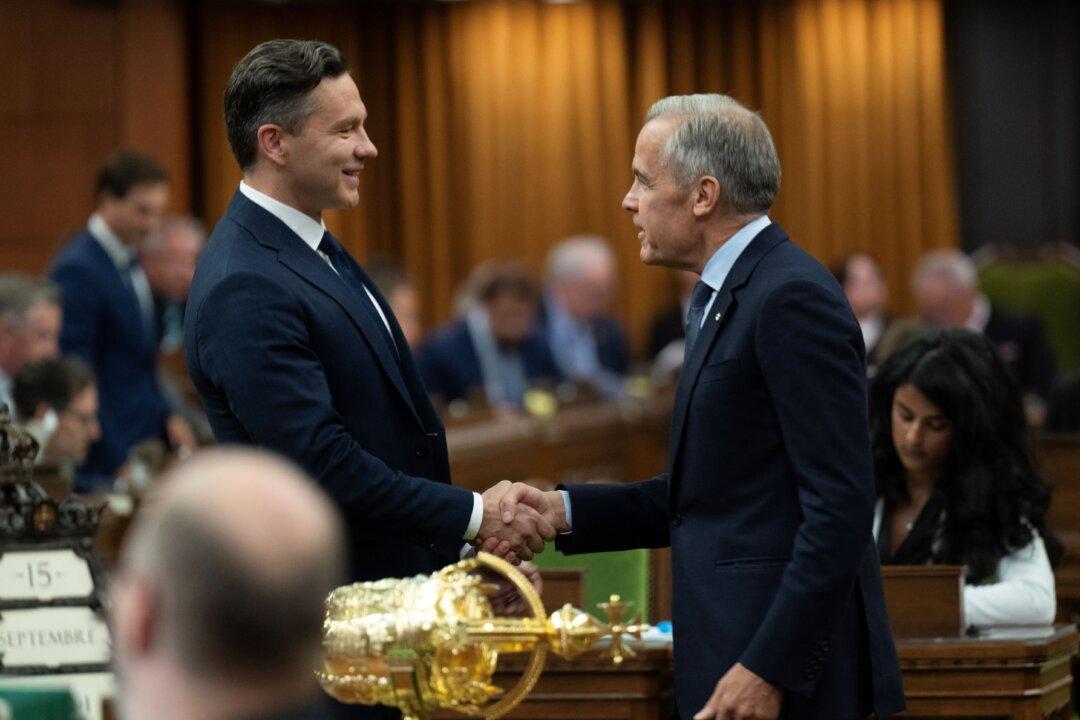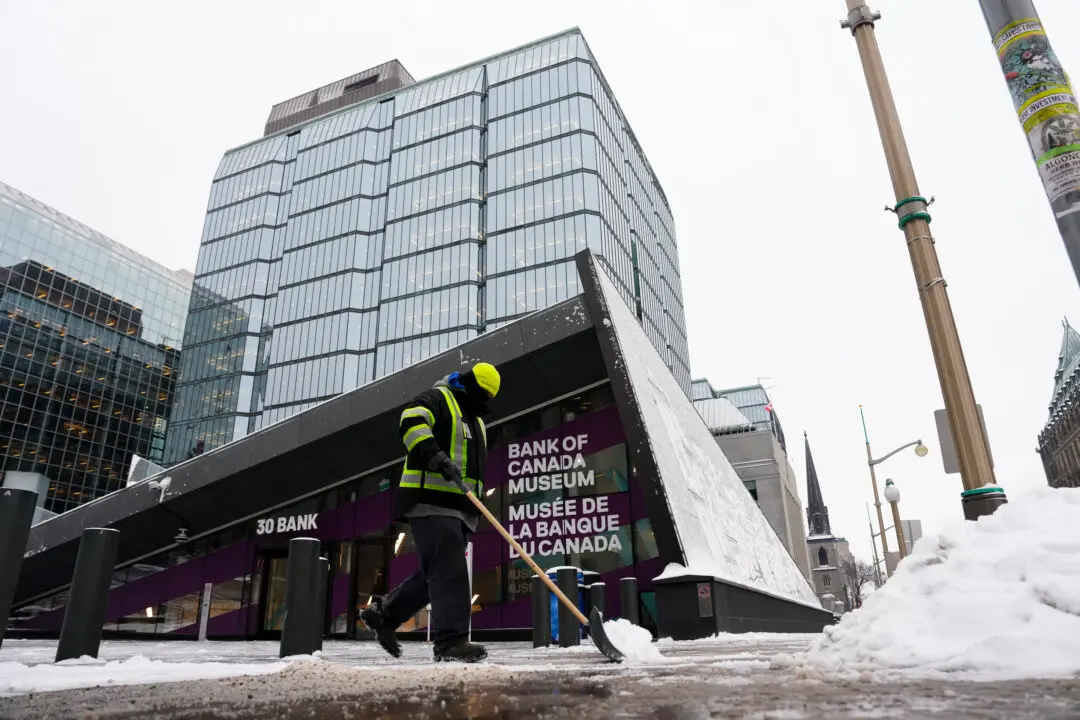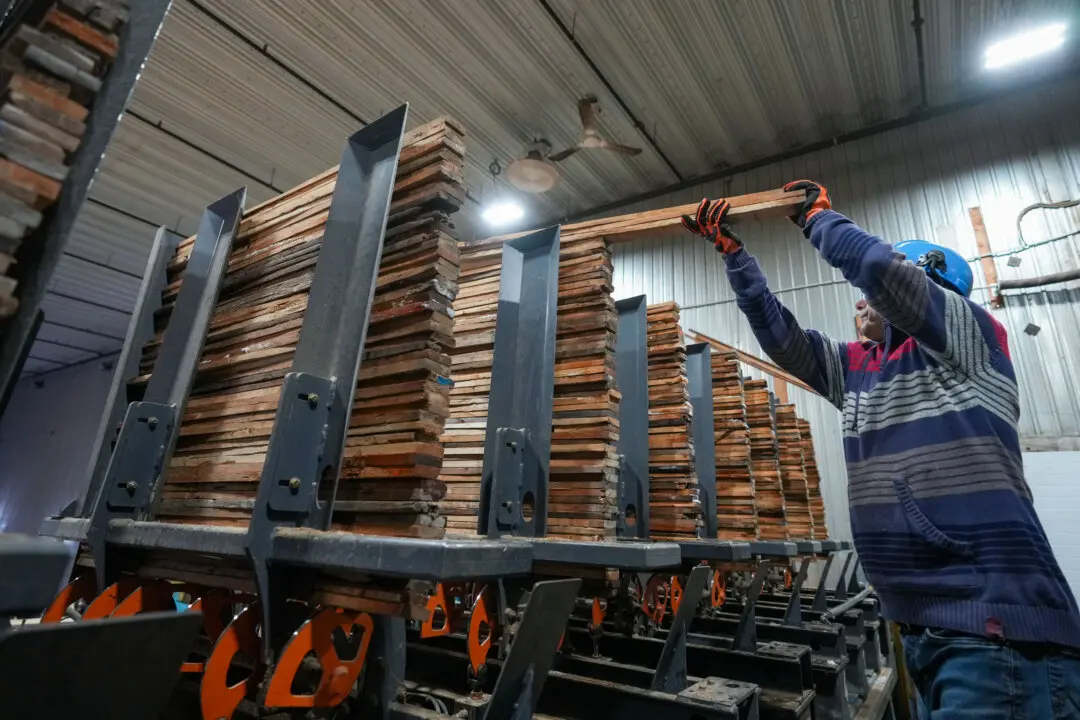Conservative Leader Pierre Poilievre says Canada’s population growth via the immigration system needs to decrease in order to be sustainable, saying the current numbers are putting strain on the country.
“We have to have a smaller population growth. There’s no question about it,” Poilievre told reporters in Ottawa on Aug. 29.





